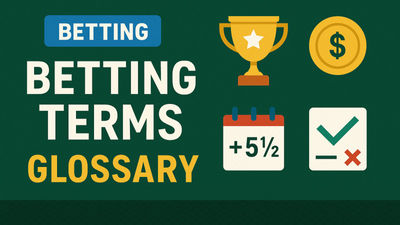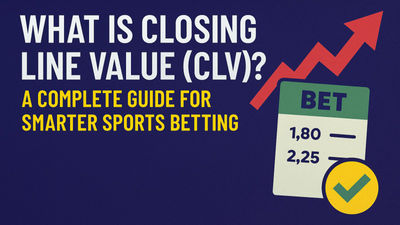Following on from this, many of the concerns raised that the saturation marketing of sports betting-related promotions has highlighted “unhealthy” behaviours within sport extend to wider concerns with issues of corruption and integrity in professional sport. At the time of writing, a number of controversies relating to cheating in sport were in the public eye (e.g. the on-going saga relating to the Essendon football club and allegations of performance enhancing drugs, along with the fall out from the Lance Armstrong/Tour de France doping controversies), which have, arguably, fuelled debates about ethics and sport, in which the ethics of closely aligning sport and sports betting have been questioned.
Research by Hume (2013) on match-fixing and illegal sports betting discusses the relationship between professional sports and the gambling industries, noting that in recent years the relationship between the two sectors has become closer and more complex; that betting agencies are now major sponsors of a number of sporting teams and individual athletes and the gambling industry is a major financial contributor to grassroots sporting clubs throughout Australia. Hume’s (2013) research also highlights the role that technology has played in eroding national boundaries and creating an international marketplace for gambling products.
Research, both in Australia and internationally (Hume 2013; Kelly; 2011, Rodenberg and Kaburakis, 2013), make several key points about the vulnerability of professional sports to the infiltration of organised criminal groups in relation to sports betting. Their work discusses the susceptibility of sports to match-fixing and/or organised crime infiltration. For example, the global nature of sport means that Australian sports and athletes are no longer protected by geographic isolation, thus exposing sports, athletes, officials and the public to potential ethical breaches that take place in an international arena. In terms of sports betting specifically, a principal threat to the integrity of professional sports is the use of inside information, where an individual might have knowledge of whether a team’s star player is injured, and placing a large wager on the team losing the match before the injury is made public (Forest, 2012, Lord, 2013).
The conclusion from research in this area is that many of the conditions necessary for organised crime to infiltrate professional sports, such as associations between criminal organisations and individuals and athletes, have been developed or are being cultivated, and that if these vulnerabilities are not addressed, it is likely that criminal groups and individuals will increasingly exploit the professional sport sector through “soft-targets” such as the global, and, as such, difficult to monitor, sports betting industry (Australian Crime Commission, 2011).
Beyond concerns with corruption in sport, issues related to probity more broadly have been documented by Gleeson (2011) in his Review of Sports Betting Regulation. This review examined the regulation of sports betting as a way of assessing the need to strengthen public confidence in the integrity of sport. The review specifically looked at the need to protect the integrity of the betting that takes place on sports (i.e. no match fixing), protecting betting consumers (i.e. avoiding scams), and providing sporting bodies with a fair share of the revenues from betting that takes place in their sports. The review met with a number of stakeholders, including the currently approved sports controlling bodies, some sporting bodies who do not have controlling body status, and a number of sports betting providers. The review, however, was unable to form a view as to whether legislation had strengthened public confidence in the integrity of sport.
















